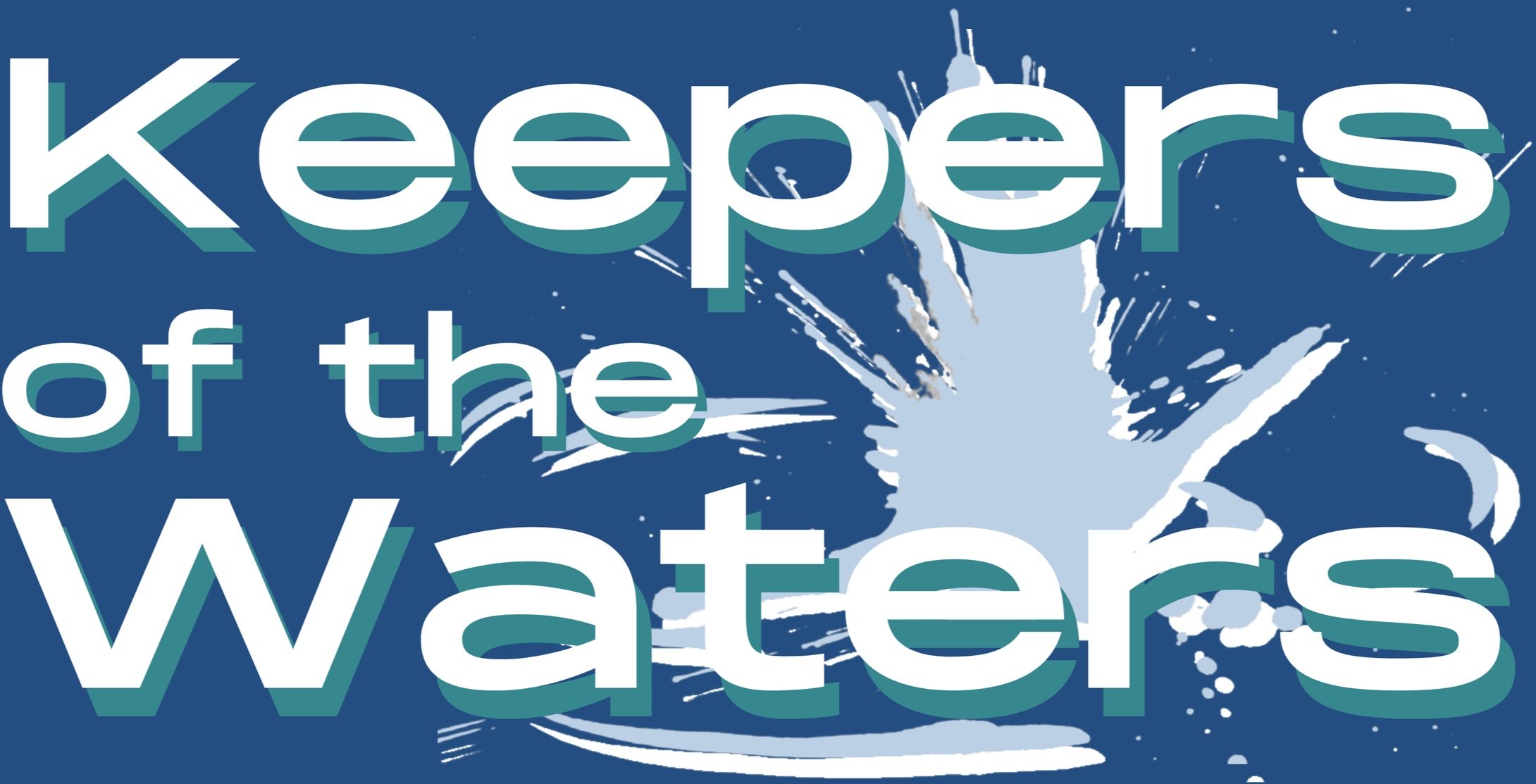The Eco-COVID Connection
There's new evidence of a link between pandemics and the exploitation of nature
CORONAVIRUS ORIGINATED IN BATS, WITH OTHER WILD ANIMALS PLAYING A ROLE IN TRANSMISSION TO HUMANS.
As the COVID-19 pandemic rages on, the search for answers begins. Like most disruptions to human life, the answer involves nature. A recent study by the International Union for the Conservation of Nature found that wild animals at risk of extinction due to human exploitation present a significant threat of passing on new viruses to humans. And as habitat is destroyed, endangered animals come into closer and closer contact with people. Coronavirus is thought to have originated in bats, with other wild animals, possibly pangolins, which are highly exploited for their meat, playing a role in transmission to humans.
Other serious threats to public health, like Sars, Mers and Ebola, have originated in animals. According to Dr. Christine Johnson of the University of California, "Wildlife also shift their distributions to accommodate anthropogenic activities and modification of the natural landscape. This has hastened disease emergence from wildlife, which put us at risk of pandemics because we are all globally connected through travel and trade." This is yet another way that globalization has unplanned—and dire— consequences for both the natural and human worlds.
Conservation experts are calling COVID a watershed moment in the fight against wildlife trade. The message from nature is clear: human health is directly linked to the health of animals, and the health of the planet as a whole.
The Global Wildlife Trade
Eating exotic and rare animal species has become a sign of status and wealth in some Asian countries. China has introduced a ban on all farming and consumption of live wildlife, which is expected to become law later this year. Vietnam is also clamping down on illegal wildlife trade at street markets and online.


